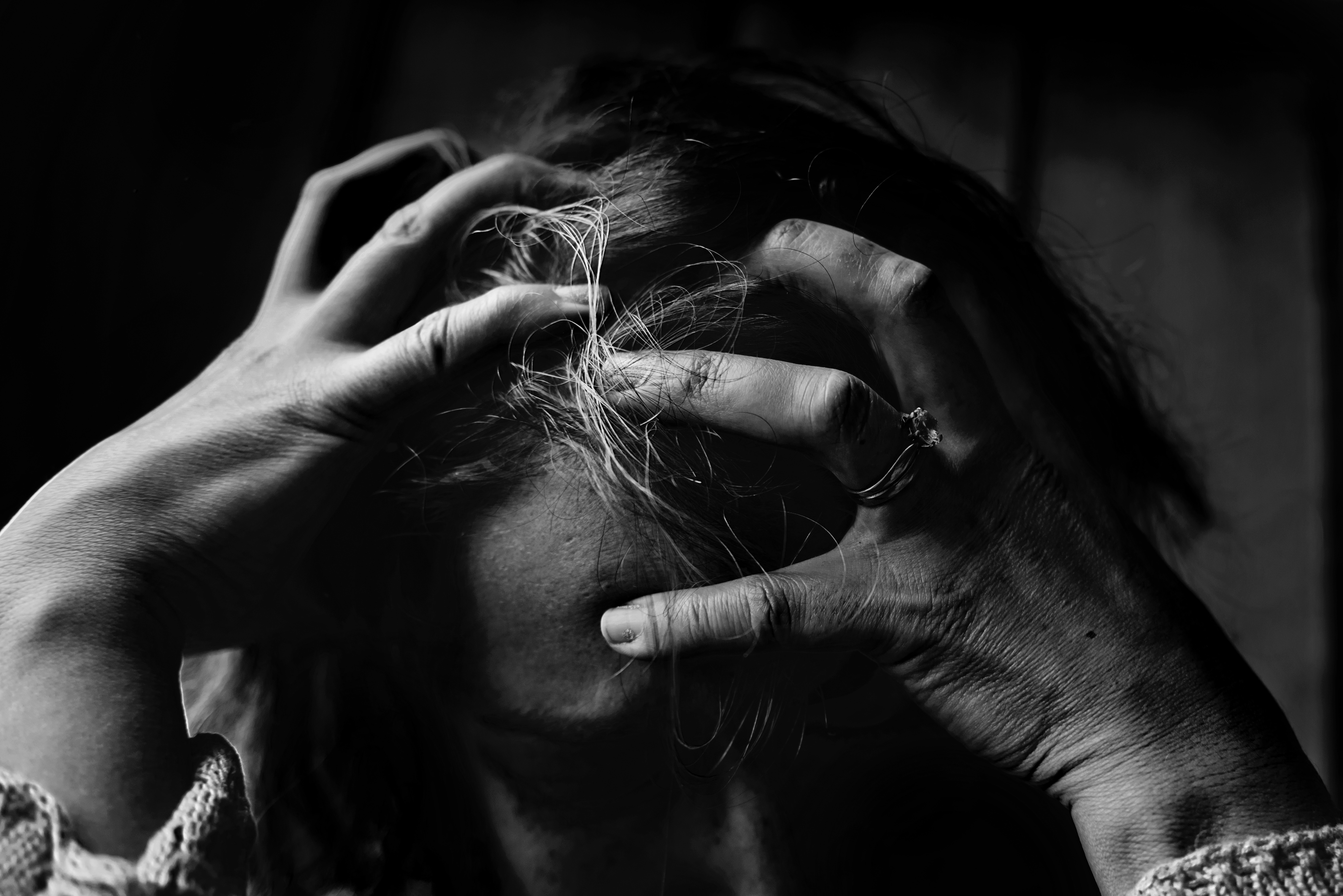We asked a group of people in the eating disorder recovery community about what is most helpful and hurtful from their support group. The following are participants answers to the question:

“Did family members, friends, peers or other people do or say anything that was harmful towards recovery from your eating disorder (what things made your eating disorder worse or triggered relapse)?”
Based on responses to our survey, the types of comments or actions perceived as being harmful in recovery from an eating disorder are:
- Positive comments on weight loss (prior to ED, during ED, OR during recovery) (23%)
- Jokes, taunting or teasing (22%)
- Negative modeling of food/weight behaviors or beliefs, competing (18%)
- Comments on weight change in recovery (whether intended positively OR negatively) (17%)
- Blaming & shaming (15%)
- Discussing what they’re eating (14%)
- Angry outbursts, uncontrolled emotions (14%)
- Passive coercion—good/bad judgments, “shoulds and shouldn’ts” (12%)
- Uneducated advice (11%)
- Boundary violations, active use of force (8%)
- Denial of problem, viewing unhealthy behavior as ‘normal’ (8%)
- Indifference, ignoring the person, exclusion from social activities (7%)
- Other people’s negative reactions to recovery-related changes (5%)
- Treating the person like a “sick person” (3%)
- Loss of privileges, punishment for engaging in ED behaviors (3%)
Three percent of respondents did not report experiencing any harmful actions or comments from friends or family members.
Selected actual survey responses:
“Family took away privileges like extra curricula activities, going to school, spending time with friends etc which just meant that I felt I had no reason to live and as a result I was driven to seriously consider suicide…”
“Comments like, “You look too thin/skinny” encouraged me to continue restricting/overexercising (because looking thin/skinny was the whole point of anorexia!).”
“”It’s not that big of a deal.” “Everyone in the family has that problem, just accept it.” “You look fine the way you are.” “You are at a health[y] weight, so what is the problem?” “You just want attention.””
“Most friends/peers didn’t understand what I was going through and were not there to support me. The most harmful part was when I was finally starting to feel “better” and beginning to hit a healthy weight when “friends” cornered me for an intervention telling me they were “scared” and not liking “who i was becoming” … it made me question my progress, my identity, my worth a[t] a time of great vulnerability”
“Comments that weren’t meant to be destructive or negative, but comments that made me feel “average” size. A friend described me to someone as “curvy” and I remember feeling crushed and disgusted with myself.”
“that I “look fine now” so just eat! after restoring weight my dad grabbed the skin under my chin and said “waddle waddle” (like a turkey?)”
“Ignoring me when I was withdrawing from others made things worse. Yelling at me about my disordered behaviors discouraged me from recovery. Making jokes about eating disorders sometimes triggered relapse.”
“My Dad would walk in on me crying and say something like “not this shit again” which would make me feel like even more of a failure”
“Comments like “you look good, you lost weight!” “Did you get skinny…er? Whatever you’re doing, keep it up!” (generally from someone who didn’t know). Comments like, “I know you’re trying but if you just tried harder…” and sticking food in front of me. It also hurt a lot when people assumed it was all about body image because yes that’s a big part, but it’s not a vanity thing beneath the surface, at all. The response, “but you don’t look underweight!””
“It was also really hard that my family and friends expected me to come home and be cured. Telling me that my family spent thousands of dollars on my treatment, only furthers the shame I feel about myself. When being told “People out there have real problems, you’re doing this to yourself….” it really, really further shames me again. All I wanted to do was stop and I couldn’t. If I could have been free of this disease and living my life, i would’ve.”
“I’ve had friends (moreso acquaintances) tell me I looked “great” when I in fact looked very sick and was emaciated, which was very triggering. A few friends from treatment have also made a point to ask me how I am while really just telling me how terrible they are doing (detailed behaviours, weights, numbers, etc.), I think expecting me to play the role of a therapist to them, knowing full well that I was in a very fragile state as well”
“Yes- my mom to this day counts ‘points’ with weight watchers and that has been and continues to be difficult for me when I am home. She also makes herself different foods than what she makes for everyone in our family- that was not helpful……..My friends from high school- after spending a week on vacation with me and noticing my behaviors called m[y] mom without telling me and I went home to be bombarded by my crying and frantic mother who thought she’d help my watching/monitoring everything that I did- that didn’t help either.”
See more results from our survey:
